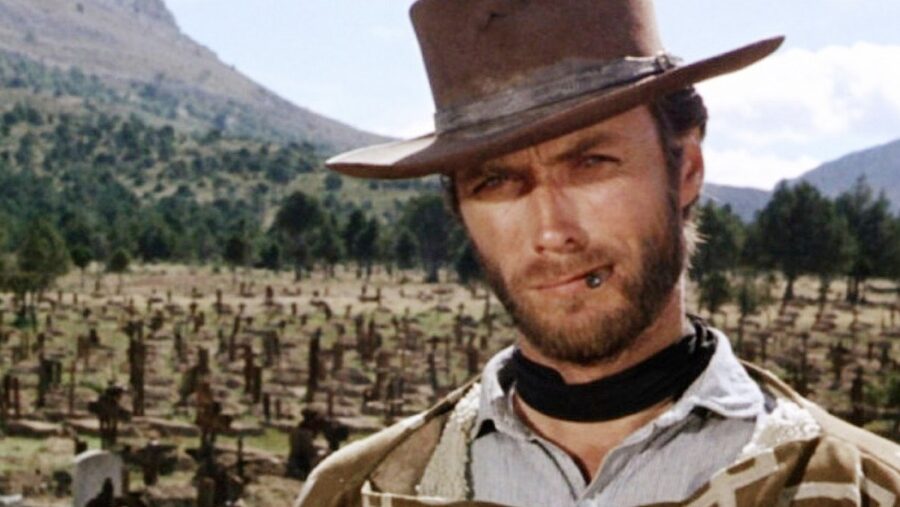I’ve noticed a fascinating trend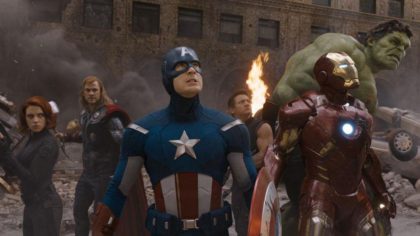 in recent years when it comes to heroes in movies. More often than not, heroes are part of a team rather than being a lone wolf. The Avengers, X-Men, Guardians of the Galaxy, Suicide Squad, Zack Snyder’s Justice League and the Fast and the Furious franchise are all living proof that teamwork makes the dream work at the box office. The glut of these movies got me wondering…
in recent years when it comes to heroes in movies. More often than not, heroes are part of a team rather than being a lone wolf. The Avengers, X-Men, Guardians of the Galaxy, Suicide Squad, Zack Snyder’s Justice League and the Fast and the Furious franchise are all living proof that teamwork makes the dream work at the box office. The glut of these movies got me wondering…
What happened to the renegade?
Renegades still exists of course, but they’re far fewer in number compared to days gone by. James Bond wouldn’t count. He works for MI-6, so he’s not really a renegade at all; he works for The Man. Mad Max and John Wick would count. But off the top of my head, it’s hard to think of other examples. Nevertheless, even the casual observer would notice that in recent films, renegade heroes are slowly being phased out.
So what’s a renegade hero?
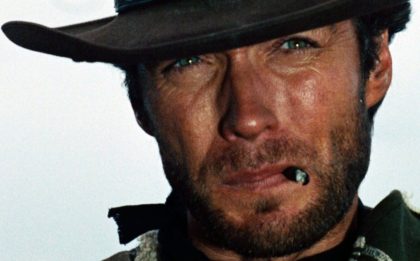 The best example comes courtesy of one of my favorite films, Fistful of Dollars, a western with modern sensibilities. With that film, Clint Eastwood established the template for the modern renegade hero. In fact, he used it again and again throughout his entire film career. It certainly worked for him, as well as for many others who followed in his footsteps. It’s easy to see Clint’s influence on films like Escape From New York (where Kurt Russell admittedly imitated Eastwood) the Die Hard series, various Stallone and Schwarzenegger films, and countless other action films, particularly in the 80’s. These heroes were renegades. Even if they did work for The Man (as a cop), they always butted heads with their superiors. Renegades tend to have little if any respect for authority, and that’s one their most defining features.
The best example comes courtesy of one of my favorite films, Fistful of Dollars, a western with modern sensibilities. With that film, Clint Eastwood established the template for the modern renegade hero. In fact, he used it again and again throughout his entire film career. It certainly worked for him, as well as for many others who followed in his footsteps. It’s easy to see Clint’s influence on films like Escape From New York (where Kurt Russell admittedly imitated Eastwood) the Die Hard series, various Stallone and Schwarzenegger films, and countless other action films, particularly in the 80’s. These heroes were renegades. Even if they did work for The Man (as a cop), they always butted heads with their superiors. Renegades tend to have little if any respect for authority, and that’s one their most defining features.
The renegade hero is first and foremost an individualist. Regardless of who they may encounter on their journeys, they walk the lone wolf path, usually on the margins of society. Along with a distrust of authority, individualists have another important defining feature. They are not conformists. Convention means nothing to them. They’re not particularly social 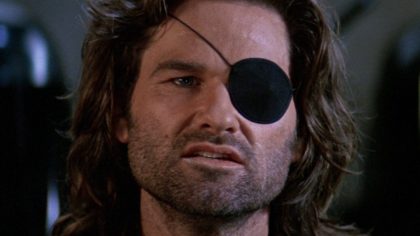 beings. They tend to view society as a herd, and a bewildered herd at that. They want no part of it. Once they’ve finished doing their heroic deeds, they move on, alone.
beings. They tend to view society as a herd, and a bewildered herd at that. They want no part of it. Once they’ve finished doing their heroic deeds, they move on, alone.
Such were the attributes of those old school, Eastwood inspired renegades. But in recent years, the hero has undergone a subtle change. On second thought, it’s a not so subtle change. In fact, the change is quite drastic. What’s more, this change we’re seeing onscreen reflects a change taking place in society. At one time, individualism was a positive attribute, something worthy of respect and emulation. It used to be cool. (see Clint Eastwood) But now, individualism appears to be out of style. There’s a reason why.
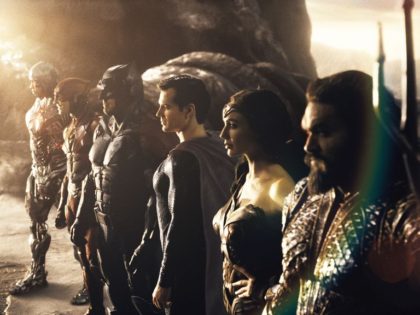 The team represents the new ideal in the modern world. That’s why we’re seeing it promoted so much in films, particularly the comic book blockbusters. Such films are serving a purpose beyond mere entertainment. The audience is being conditioned to believe that heroism is a group affair. We now live in a highly controlled, new world ordered society. As a result, an individual, particularly one with critical thinking skills, is automatically problematic. A confirmed non conformist with a contempt for authority is no hero in a brave new world. Renegades actually pose a genuine threat to the group.
The team represents the new ideal in the modern world. That’s why we’re seeing it promoted so much in films, particularly the comic book blockbusters. Such films are serving a purpose beyond mere entertainment. The audience is being conditioned to believe that heroism is a group affair. We now live in a highly controlled, new world ordered society. As a result, an individual, particularly one with critical thinking skills, is automatically problematic. A confirmed non conformist with a contempt for authority is no hero in a brave new world. Renegades actually pose a genuine threat to the group.
Groupthink and hivemind work best in our new reality, and it’s easy to understand why. The strength of any team/group stems from the cooperation between its members, and cooperation encourages compliance. Tribes tend to police themselves and keep individual members in line. Tribal cohesion must be maintained. The most defining characteristic of the herd is the lack of critical thinking, making it easily susceptible to manipulation by outside forces. The herd was meant to be led. And it will be.
characteristic of the herd is the lack of critical thinking, making it easily susceptible to manipulation by outside forces. The herd was meant to be led. And it will be.
Teamwork makes the dreamwork, both on the big screen and in the modern world. Unfortunately, this makes the individual more than just an outsider. Today, the individual is an outlaw.
